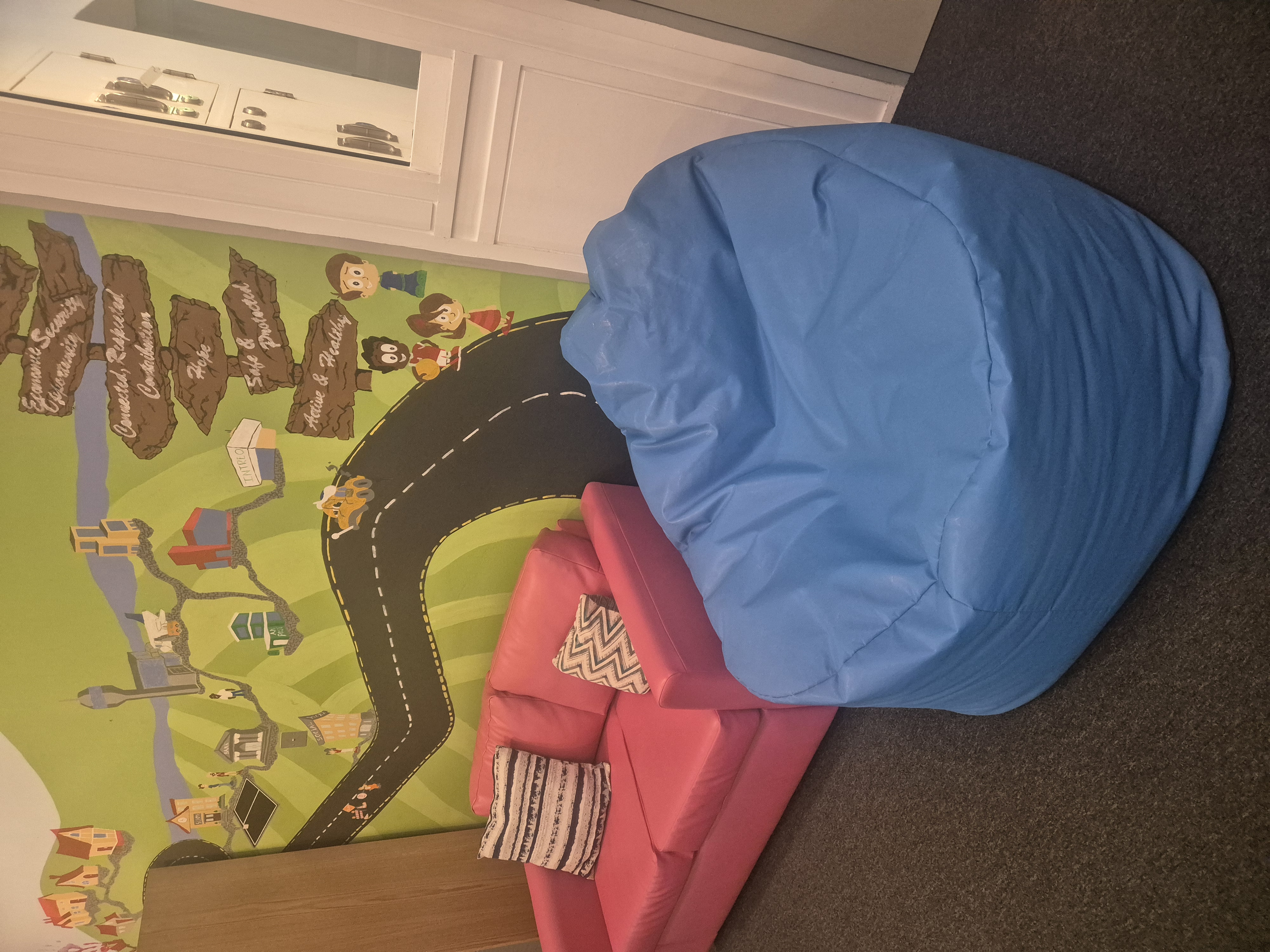Transforming Care: The Impact of Safety Pods at Crannóg Nua Special Care Centre
Special Care is designed to provide short-term, therapeutic, stabilising care within a safe and therapeutic environment for young people aged 11–17. Placement in Special Care requires an official order from the High Court, reflecting the serious nature of such a decision. The primary goal of Special Care is to create a supportive setting that allows a young person to achieve stability and transition back to a community-based placement as quickly as their needs allow. Special Care Units provide a higher staff-to-child ratio, ensuring more individualised attention and support, which is crucial for the complex needs of these children and young people.
 Special Care Units differ from general residential care facilities in several ways. These secure environments detain the child not due to criminal behaviour, but for their own protection and wellbeing. Many of the young people present with significant behavioural challenges which pose risks to themselves or others. Because of this, Special Care workers at times have to respond to incidents of violent and aggressive behaviour from one or more of the young people they care for. Despite being only 0.2% of children in care, Special Care accounts for 33% of incidents of VHA in Tusla. These behaviours often stem from past trauma, making crisis intervention a crucial part of their care, and at times, these behaviours can result in the staff having to physically intervene to ensure the safety of the young person and other young people and staff in the unit.
Special Care Units differ from general residential care facilities in several ways. These secure environments detain the child not due to criminal behaviour, but for their own protection and wellbeing. Many of the young people present with significant behavioural challenges which pose risks to themselves or others. Because of this, Special Care workers at times have to respond to incidents of violent and aggressive behaviour from one or more of the young people they care for. Despite being only 0.2% of children in care, Special Care accounts for 33% of incidents of VHA in Tusla. These behaviours often stem from past trauma, making crisis intervention a crucial part of their care, and at times, these behaviours can result in the staff having to physically intervene to ensure the safety of the young person and other young people and staff in the unit.
Within Crannóg Nua Special Care Unit, a new initiative has been making a significant difference in how young people in care experience crisis interventions. In February 2024, the unit introduced Safety Pods, which are specialised, medically approved beanbags designed to provide a safe and dignified method of restraint when it is needed to protect young people and staff from harmful behaviours. Over a six-month pilot, these pods have led to a remarkable reduction in physical interventions, have improved safety for both staff and young people, and have enhanced the overall care environment.
Before the Safety Pods, staff relied solely on Therapeutic Crisis Intervention (TCI) techniques that retained some risks such as injuries to staff and young people, and potential for increased trauma exposure. The initiative was carefully planned and implemented by a dedicated leadership team at Crannóg Nua, led by Jacqui McCann, who is the Person in Charge and Director of the service.
All staff at Crannóg Nua completed hands-on situational training, including training based on real-life scenarios, learning how to safely use the pods while still applying the principles of TCI. The young people were encouraged to use the pods as part of their daily environment, making them a familiar and comfortable presence rather than just an intervention tool.
The results of the pilot programme have been very positive. There was a 57.5% reduction in previous methods of restraint, with no injuries reported among either staff or young people during interventions. Staff absences due to restraint-related injuries dropped dramatically from 230 lost days in the previous year to just 12 days. The feedback from young people, staff and families has been overwhelmingly positive. While not all young people have experience of restraint, those who do praised the Safety Pods as being ‘safer’, ‘more comfortable’, and ‘more child-friendly’. Some parents who have seen the Safety Pods in person in Crannóg Nua have commented on how they are a good addition and ‘a great idea’.
The initiative has significantly improved the overall work environment, contributing to staff morale and retention. Staff are continuing to refine the use of the pods through ongoing reviews and training updates, ensuring the best possible outcomes for young people in care. The initiative aligns with key recommendations from Tusla’s 2022 Report of the Task Force on Special Care, particularly in enhancing the care experience for young people, improving overall outcomes, strengthening the capacity of special care, and supporting staff recruitment and retention.

